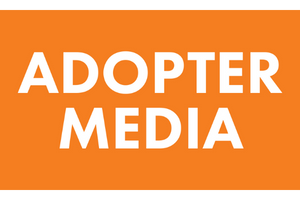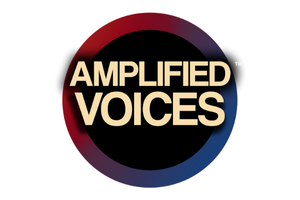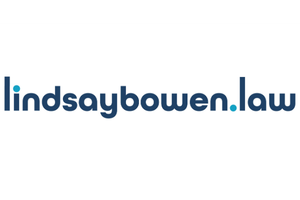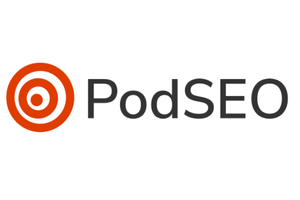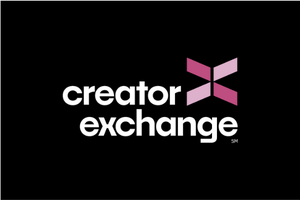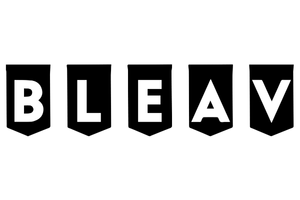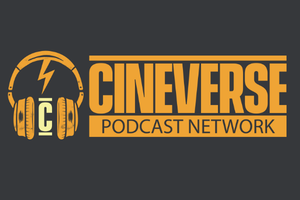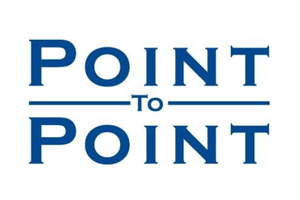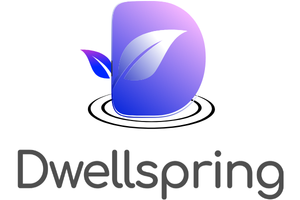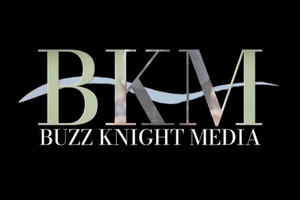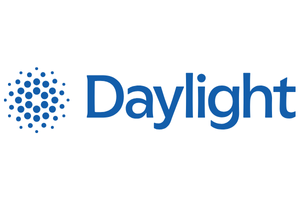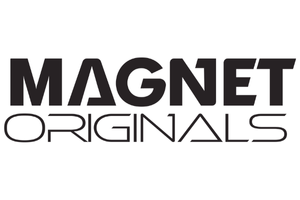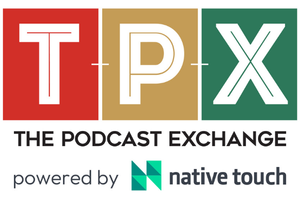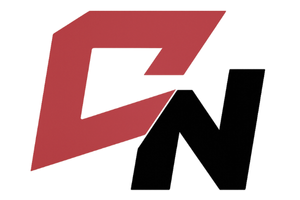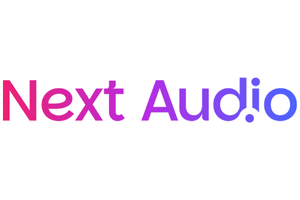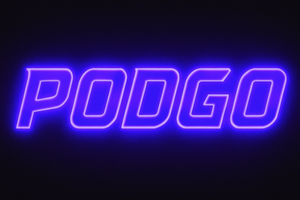REMINDER FOR TOMORROW: Sounds Profitable has a webinar this Wednesday! Join us on Wednesday, July 30th at 2:00 p.m. EST for Tom Webster’s presentation of Driving to Action. This third section of The Advertising Landscape data examines how podcast audiences respond to ads compared to other digital and traditional channels. The findings challenge convention assumptions about podcast ad performance, promo response rates, and word-of-mouth generation. Grab your free virtual seat by registering now.
Spotify Wants Fans to ‘Read Like They Listen’ as It Hypes Audiobooks by Brittaney Kiefer
A new ad campaign from Spotify is promoting the fact audiobooks are included in Spotify Premium subscriptions with similar language to music discovery. The ads focus on social-media driven hits (such as viral-popular books from the tastemakers of “BookTok,” readers promoting books on TikTok). All while using music-coded language (“Stephen King just dropped a 14 hour banger” might be a wholly new sentence to the English language) to promote the idea of discovering and casually listening to books with the same buffet approach as users have become accustomed to with individual songs. While more people listening to audiobooks is an overall benefit for spoken word content, it does mean podcasts are looking at more competition for attention within one of the top apps.
3 minutes of ads before your show begins is a bold choice.
Originally spotlighted by James Cridland in Podnews, the above link goes to a Reddit thread in the /r/podcasting subreddit in which /u/iamwhoiwasnow addresses a friction point they rub up against trying new shows: a podcast recommended to them had three uninterrupted minutes of preroll ads before any content from the podcast itself plays. As of this afternoon the top comment (from /u/LooseCrayon) cites an unnamed podcast with over eight minutes of preroll. Podcast audiences are some of the more forgiving when it comes to advertising in their free content, but there is a limit to their patience and threads like this are valuable to keep in mind. Especially if ads are deployed before even a cursory introduction to lock audiences in.
Brand Love Scales—So Stop Settling for Being Liked by Doug Zarkin
Zarkin’s op-ed argues brands have become too attached to the idea of chasing likes over “brand love.” It’s easy to see the numbers of “like” behavior (whatever it may be called on a given platform: likes, favs, Jeremy Renner Official stars, etc.), but rarely do they equate to genuine connection. Zarkin focuses on coaching brands to find ways their marketing can be more human. Connecting with their target audience on a more personal level with authenticity that resonates with that audience. I would like to humbly toss in that if someone is looking for a marketing channel that’s teeming with authenticity and audience trust, podcasts might be worth looking into. Winky smiley face.
Google Hits Back At Pew Report by Laurie Sullivan
A recent Pew report suggested Google’s AI Overviews (the paragraph of summarized information at the top of Google search results) have reduced clicks across all website types, including news and retail. The report was built from both a survey of 900 study participants in March, who agreed to allow third parties to study on-device behavior for a month, as well as purchase data from Ipsos. Google’s response is to challenge the sample size as being unrepresentative and small, and not telling the full story by only tracking if study participants clicked on the top three links in a given AIO rather than any links visible in an AIO result. They also point to attempts to make the AI search results more publisher-friendly, such as the desktop version of Google AIO updating to display cards linking to the top sources the AI is summarizing to both cite sources and encourage users to click on them.
As for the rest of the news…
- Acast is partnering with sell-side advertising company Magnite to make inventory accessible through Magnite, meaning Acast podcast inventory will be more accessible on a global scale.
- Westwood One and Cumulus Media have data looking at how audio drove Prime Day 2025 purchases for Amazon.
- The New York Times has coverage of critic Wesley Morris’ new podcast Cannonball.
- John Spurlock, over on Mastodon, notes evidence Overcast is looking into adding podcast transcripts.
- The Hollywood Reporter covers plans by producers of recently-deceased Malcom-Jamal Warner’s podcast Not All Hood to celebrate his legacy.












